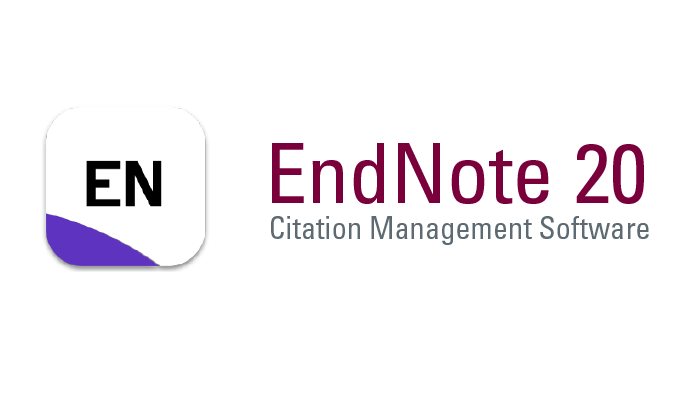PENERAPAN MODEL PEMBELAJARAN STUDENT TEAMS ACHIEVEMENT DIVISION (STAD) UNTUK MENINGKATKAN HASIL BELAJAR SISWA PADA MATERI GERAK BENDA DI MTSN 3 ACEH UTARA TAHUN AJARAN 2019/2020
DOI:
https://doi.org/10.47887/amd.v1i1.12Keywords:
Learning model, Student Teams Achievement DivisionAbstract
The research aims to determine an increase in student learning outcomes and to describe the activities of teachers and students in the application of the STAD (Student Teams Achievement Division) cooperative learning model on straight motion material in MTSN 3 Aceh Utara Academic Year 2019/2020, 2. To describe student responses to application of the STAD (Student Teams Achievement Division) cooperative learning model on straight motion material in MTs.N 3 of North Aceh for the 2019/2020 academic year. This research with a qualitative approach. Thus the sample of this study amounted to 24 people. Data was collected by means of ptk stages. Based on the results of research data analysis. Student learning outcomes using the STAD cooperative learning model increased through the average acquisition of 56.45 in the first cycle, an increase of 8.33 then 63.96 in the second cycle. 2. The activities of teachers and students have increased in the teaching and learning process using the cooperative learning model type Student Teams Achievement Division (STAD), in science subjects on object motion material for class VIII MTsN 3 Aceh Utara students, shown well in cycle 1 teacher activity with good category. There was an increase in cycle 2, namely in the good category. Furthermore, student activity in cycle 1 was categorized as good. and there was an increase in cycle 2 in the very good category.
References
Agus suprijono. 2010. Cooperative Learning. Yogyakarta. Pustaka Media.
Arikunto, Suharsimi, 2009. Penelitian Tindakan Kelas. Jakarta: Rineka Cipta.
Aqib, Zainal. 2011. Penelitian Tindakan Kelas. Bandung: Yrama Media.
Darsono M. 2000.Belajar dan Pembelajaran. Semarang: IKIP semarang Press.
Depdiknas. 2004. Pendekatan Konstekstual. Jakarta: Direktorat Pendidikan Lanjutan Pertama. Direktorat Jenderal Pendidikan Dasar dan Menengah.
Departemen Pendidikan Nasional. 2006. Peraturan Menteri Pendidikan Nasional Republik Indonesia No.22 tahun 2006 tentang Standar Isi. Jakarta: Depdiknas.
Djamarah. 2006. Strategi Belajar Mengajar. Jakarta: Rineka Cipta.
Dimyati dan Mudjiono. 2002. Belajar dan Pembelajaran. Jakarta: Rineka Cipta dan Depdikbud.
Freddy Rangkuti. 2009. Strategi Promosi Yang Kreatif. Jakarta: Gramedia Pustaka Utama.
H.B. Sutopo. 2006. Metodologi Penelitian Kualitatif: Dasar teori dan Terapannya dalam Penelitian. Surakarta: Universitas. Sebelas Maret.
Hendrik Arung Lamba. 2006. Pengaruh Pembelajaran Kooperatif Model STAD dan Gaya Kognitif Terhadap Hasil Belajar Fisika Siswa SMA. Jurnal Ilmu Pendidikan. Jilid 13. No.2.
Ni Made Sunilawati, Nyoman Dantes dan I made Candiasa. 2003. Pengaruh Model Pembelajaran Kooperatif Tipe STAD Terhadap Hasil Belajar Matematika Ditinjau Dari Kemampuan Numerik Siswa Kelas IV SD. Jurnal Program Pascasarjana Universitas Pendidikan Ganesa. Vol 3.
U. Nugroho, Hartono dan Edi. 2009. Penerapan Pembelajaran Kooperatif Tipe Stad Berorientasi Keterampilan Proses. Jurnal Pendidikan Fisika Indonesia. Vol.5. ISSN: 1693-1246
Sudjana N. 2002. Media Pengajaran. Bandung: Sinar Baru Aglgesindo
Sardiman. 2011. Interaksi dan Motivasi Belajar Mengajar. Jakarta: Rajawali Press.
Syah, Muhibbin. 2012. Psikologi Belajar. Jakarta : Raja Grafindo Persada.
Downloads
Published
How to Cite
Issue
Section
License
Copyright (c) 2021 Ruhul Masyithah

This work is licensed under a Creative Commons Attribution-ShareAlike 4.0 International License.
Authors retain copyright and grant the journal right of first publication and this work is licensed under a Creative Commons Attribution-ShareAlike 4.0 that allows others to share the work with an acknowledgement of the works authorship and initial publication in this journal.
All articles in this journal may be disseminated by listing valid sources and the title of the article should not be omitted. The content of the article is liable to the author.
Authors are able to enter into separate, additional contractual arrangements for the non-exclusive distribution of the journal's published version of the work (e.g., post it to an institutional repository or publish it in a book), with an acknowledgment of its initial publication in this journal.
Authors are permitted and encouraged to post their work online (e.g., in institutional repositories or on their website) prior to and during the submission process, as it can lead to productive exchanges, as well as earlier and greater citation of published work.
In the dissemination of articles by the author must declare the Al-Madaris Jurnal Pendidikan dan Studi Keislaman as the first party to publish the article.














